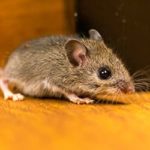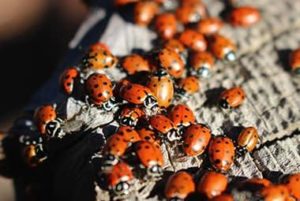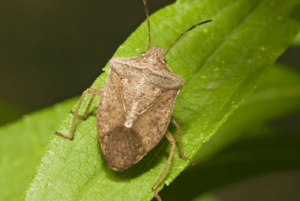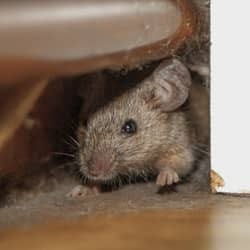A good portion of the United States, including East Tennessee, went through a bout of unseasonably cold weather, with thermometers barely hovering above zero. But what does that have to do with pests?
You may have observed people speculating in conversation or on Facebook about what the cold temperatures will mean for insects in the spring and fall. A popular opinion has been that this weather means we will see fewer insect pests in the spring and summer. Is this true? The answer is “it depends.”
Some insects, such as stink bugs, lady bugs and certain types of ants, tend to invade homes during the fall. These pests look for warm places in preparation for winter, so they are less likely to be affected by any climate fluctuations since they’re already inside.
Pests like beetles, box elder bees, wasps, hornets, crickets, fleas, ticks, mosquitoes and others, are more likely to be sensitive to temperature changes. That’s because these insects burrow during the winter and lay their eggs in the ground. Extreme cold can kill off these eggs, which means fewer bugs in the spring and summer. However, the extent to which the polar vortex affected next season’s insect population is impossible to determine, as it depends on how deep the larvae are in the ground.
To sum it all up, there is little doubt that the unseasonably cold weather will have an effect on the number of insects we’ll face in the spring and summer. However, it’s impossible to tell how pronounced that effect will be.
Insect Pests And Winter Weather in Knoxville TN
Serving East Tennessee since 1971



